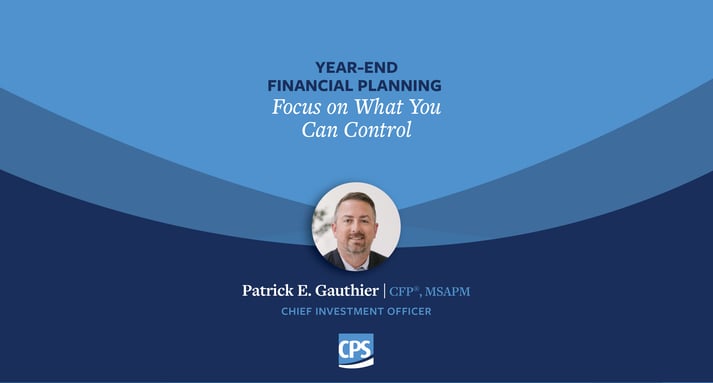Financial Literacy Month
The arrival of April ushers in the second quarter and along with it, Financial Literacy Month. A solid financial plan starts on the foundation of financial literacy. Once the foundation is laid, you can make informed decisions and evaluate your options as you navigate a complex financial world. Start with the following steps to build your foundation.
Get to Know Yourself.
A budget is your best friend on the road to financial literacy. Budgets can be simple like the back of a napkin, or complex like a graduate level spreadsheet. The goal is the same, to know how much you have coming in and how much you have going out. Many tools are available from your banking apps all the way through a trusted fiduciary advisor. Find a tool that suits your level of interest and get to know your money. Your budget should include your necessities and funds set aside for various goals. Goals can be short-term such as an emergency fund, or long term like retirement. If you are new to budgeting, look back at where you’ve spent your money in the past, you’ll find obvious areas to focus on. Insider tip: pay yourself first, spend what is left.
Set your Goals.
You’ll need to know your destination to set a proper course. Is your goal to be financially independent? Buy your first home? A realistic vision of your financial goals is key to achieving them. Having a specific goal will point you toward proper vehicles to research. You wouldn’t want to save for retirement in a bank account or invest your down payment in penny stocks. We are fortunate to have access to vast amounts of information and resources to narrow down our options. A great starting point is a retirement calculator. Available through many sources, they should ask your age, income, and desired retirement age, then produce the required income to live comfortably in retirement. Use your research to develop questions for your advisor. They should assist you with developing a plan to reach those goals.
Investing and Taxes.
Investing is the art of putting your capital to work in a way that predictably grows its value over the long term. While investing comes with risks, it is your most powerful tool for long term wealth goals. The key to maximizing that power is putting your investments in the correct accounts. Retirement accounts can have specific tax advantages for long-term investors. If your goals are shorter term, you’ll want to utilize brokerage accounts that provide maximum flexibility. Explore options for investing in employer sponsored plans such as a 401k or 403b. They often have significant tax advantages that you won’t find elsewhere.
Make it Make Sense.
As you grow a base of financial literacy, you’ll start to see things that sound too good to be true. The financial markets are full of ways to help separate you from your money. A healthy dose of skepticism can keep you away from scams and even professionals with ill-intent. If you are promised market-beating returns or guaranteed wealth, seek a second opinion.
Control What You Can.
The financial world is full of forces out of our control such as the stock/bond markets, the Federal Reserve’s monetary policy, and politics. Those things can influence our finances to a degree, but we can limit their power by controlling our decisions. Knowing your budget when making a large purchase is far more impactful than the latest headline in the news. Asking yourself if your decisions are helping to achieve financial goals is key to staying on track. Improving your financial literacy will make reaching your goals much easier.







